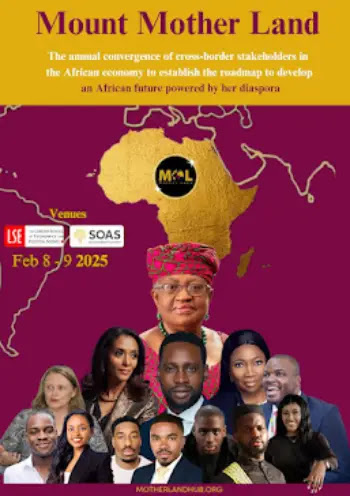American Cardinal Robert Prevost has been elected as the 267th pontiff of the Roman Catholic Church, taking the papal name Leo XIV. His historic election marks the first time a U.S. citizen has ascended to the papacy.
Born in Chicago in 1955 to a family of Spanish and Franco-Italian heritage, Pope Leo XIV, 69, is widely recognized within the Church as a skilled diplomat and a bridge-builder across diverse communities. He was ordained as a priest in 1982 and moved to Peru in 1985, a country where he would leave a lasting pastoral and social legacy.
Pope Leo holds dual American and Peruvian citizenship. In Peru, he served for over a decade as a parish pastor and seminary professor in Trujillo, a city in the northwestern region of the country. His work among marginalized populations earned him a reputation for humility, compassion, and a deep commitment to social justice.
He studied canon law at the Pontifical University of Saint Thomas Aquinas and was ordained on June 19, 1982. His long-standing contributions to the Church in Latin America include missionary service, diocesan leadership, and teaching.
In 2014, the late Pope Francis appointed Prevost as the bishop of Chiclayo, Peru, recognizing his dedication to pastoral care. Later, in April 2020, he was named the apostolic administrator of the diocese of Callao. His growing influence led to his 2023 appointment as Prefect of the Dicastery for Bishops at the Vatican, where he was responsible for overseeing the nomination and vetting of bishops globally.
In addition to his role at the Dicastery, Pope Leo XIV also serves as the President of the Pontifical Commission for Latin America.
In an interview with Vatican News in October 2024, he remarked, “A bishop is not supposed to be a little prince sitting in his kingdom, but rather called authentically to be humble, to be close to the people he serves, to walk with them and to suffer with them.”
Pope Leo XIV's election signals a continuation of the Church’s outreach to the global south and a renewed emphasis on servant leadership. His deep ties to Latin America, combined with his American roots and diplomatic experience, position him as a pontiff capable of navigating the complexities of a global Church in the 21st century.



































0 Comments